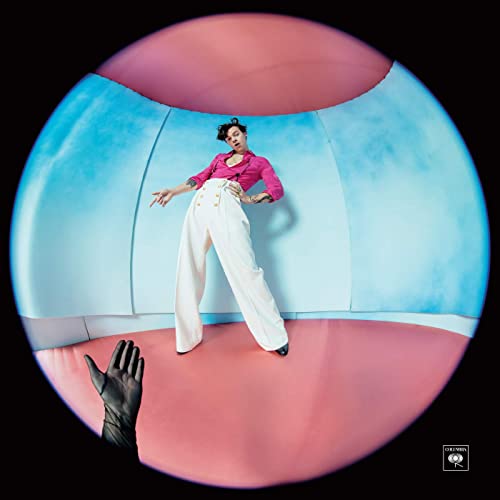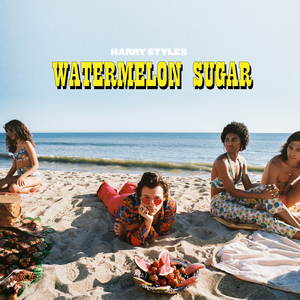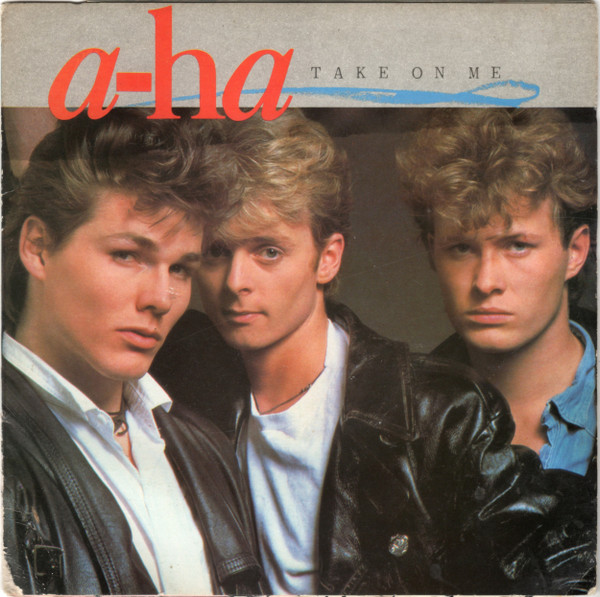
Can't we do something more current?’ – a common request heard in music classrooms around the country. But what if you have little experience in the world of popular music? How can you balance pupil desire to cover pop tunes with a need to explore a wide range of music in an often-restricted amount of time?
Before thinking about repertoire, it is best to consider the manner in which you want to cover pop repertoire. Are you looking to use popular music as an example when examining a specific musical feature, or are you studying popular music as a genre? Are you looking to develop practical skills, or for examples to use when examining theory?
Musical Futures Online
With regards to performance resources, I have long been an advocate of the Musical Futures model. If you're unfamiliar with their work, I'd strongly recommend investigating them – when it comes to choosing repertoire, their recently launched Musical Futures Online resources have been invaluable. I became a subscriber last academic year when pupils were returning to school in bubbles following lockdown. In our school, this meant pupils remained in one room while staff moved around the school to minimise contact. Being able to fill a bag with a class set of ukuleles and have ready-to-go resources wherever I logged in around the school was indispensable.
The platform provides incredibly easy to follow tutorials and play-along videos designed for whole class ensemble work. The focus of the site is mostly on popular music, though it is worth noting that there are increasing numbers of classical works appearing, particularly GCSE set works.
Musical Futures Online's usefulness for repertoire selection comes from the carefully chosen songs which feature on the platform. There is a regularly updated library of tunes available to use (all of which are graded for difficulty and link very clearly to the tutorial sessions offered), ranging from classic rock and blues to contemporary pop.
Taken by surprise
Interestingly, despite my assumption that pupils would want to play the most up-to-date music possible, it has often been older pieces which have resonated most strongly with a wider range of pupils. Having used Musical Futures Online for two full terms across two year groups last year, the piece that received near-universal enthusiasm was Bon Jovi's Livin’ on a Prayer. I feel this may have something to do with the very disparate and somewhat tribal nature of contemporary pop music culture. For example, a more recently released song I tried last year was Harry Styles’ Watermelon Sugar. I'm not much of a Directioner, but I have quite enjoyed a lot of Styles’ solo output and was pleased to see it crop up on Musical Futures Online. I was excited to try it with a class given that its relatively simple harmony fitted in well with other things we'd worked on that term.


Harry Styles’ Watermelon Sugar received mixed reactions
While there were several students who seemed to really enjoy it, most were indifferent and the ‘serious musicians’ in the class (read: rock snobs) openly resented being asked to perform a piece by a boyband member. The older tunes we worked on (Take on Me by A-ha was another popular choice) seemed to cut across the sub-cultures in the class a little; something I will consider carefully when choosing songs to work on in the future.
Hook Theory
As wide-ranging as I've found the Musical Futures Online catalogue to be, it is not completely comprehensive. There will be many departments for whom a subscription service is not feasible – so what are your options? Hook Theory has been an excellent online tool for several years and, while their focus now seems to be mostly on their paid-for services (which, while much-heralded, I haven't tried), they still have a number of free services that are incredibly useful.
The tool of theirs that I've used with the best application for the classroom is their Popular Chord Progressions section, which details common progressions and offers a huge range of examples. This can be helpful when looking for songs to use for Musical Futures-style KS3 (or lower) whole class instrumental work, as tunes which have simple, repetitive chord sequences are always going to be better starting points. Once students have learnt a ‘popular chord sequence’, it's also really rewarding to be able to show them all the other songs they can now access.
If you're looking to use pop repertoire for less practical, more theory-based lessons, Hook Theory can still be very helpful. When you click through to a specific example of a song on the site, you're presented with a very intuitive display detailing the melody in piano roll/grid notation and a Roman numeral chord analysis. The playback function can be done with MIDI sounds but, most usefully, can also be tied to YouTube audio, meaning that pupils can see the Hook Theory visuals while listening to the original recording – excellent for analysing key features.

A-ha's Take on Me was a popular choice
Ultimate Guitar
Finally, if you're still unsure of repertoire to cover, asking the pupils what sort of thing they'd like to study may be a useful step. Expect a wide range of answers spanning a huge array of genres and decades, but it may give you some inspiration for songs or artists to explore. If you can't find the resources for something that comes up (and you don't feel up to working on your own transcription), you may find help in the form of Ultimate Guitar.
Live since 1998, parts of the site seem rather utilitarian compared to more contemporary offerings, but it's second to none in terms of the span of resources available. It offers chord/lyric charts for just about any song you can think of, displayed in an easily transposable text format. Its content is user submitted so varies in quality but, thanks to a star rating system, it's usually fairly easy to find reasonably accurate information. The main thing to watch out for is that you regularly come across incorrect enharmonic spellings, but it is an excellent starting point.
It is important that pupils are able to see themselves in school music lessons, and for many (myself included), popular music is their gateway into wider music study. It's easy to overestimate the range of music pupils have already heard, and it can be incredibly powerful to allow students to study music with which they have a passing familiarity.
www.hooktheory.com/theorytab/common-chord-progressions
Musical Futures Online offers a number of free resources, which can be found via the website's homepage. Music Futures is also offering MT readers a 10% discount on a future annual subscription. Use the code MTREADER10. www.musicalfuturesonline.org








